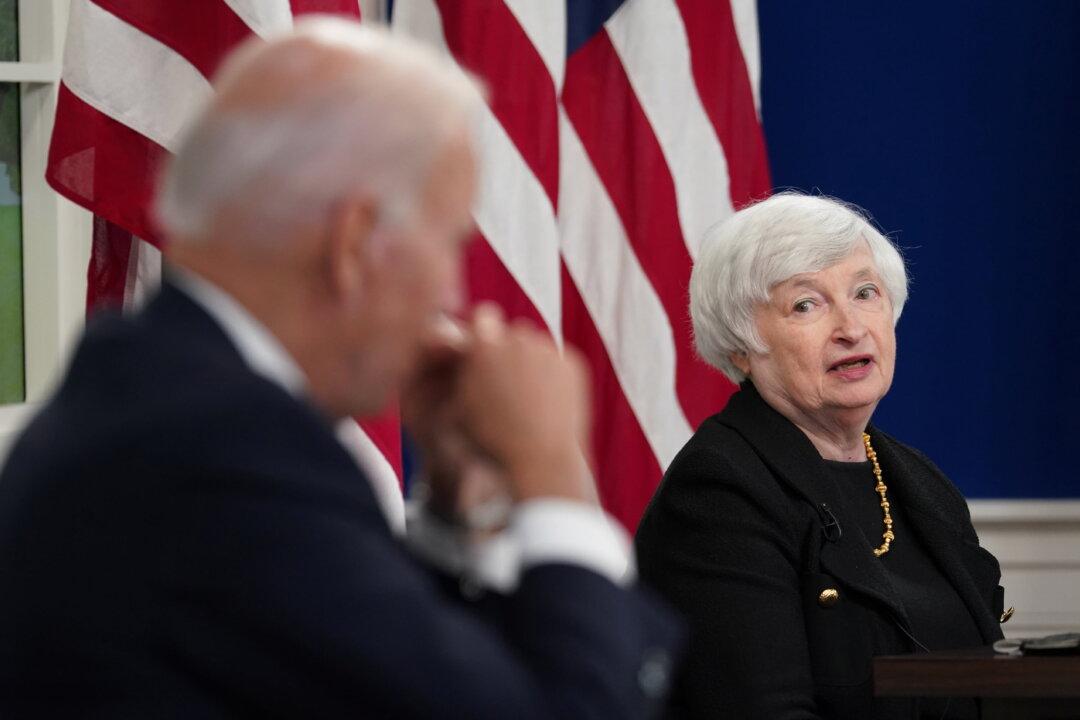On Jan. 19, 2023, the U.S. government again reached its debt ceiling. Congress sets the limit, and once reached, no more debt can be incurred without paying on the national debt. Disagreements have left Congress trying to figure out how to proceed. Many are afraid that it will affect Social Security and Medicare payments.
In the past, after reaching the debt ceiling, Congress just raised it higher. This practice quickly settled the issue and let the government get into even more debt. If the debt limit was not raised, the government would have to shut down temporarily until another solution was agreed upon.






